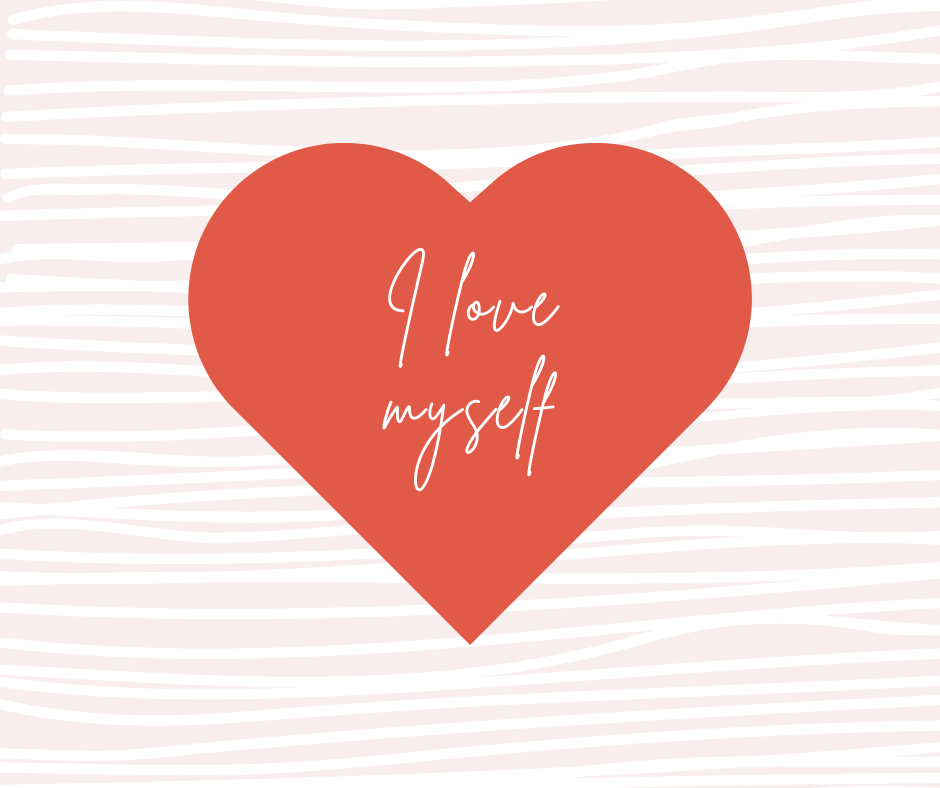Self Esteem Through Doing Esteemable Acts
We’ve written a lot about the importance of being of service to others and that living a life of purpose is a foundational pillar of the Montessori philosophy.
What often isn’t understood, though, is that it’s not actually about the person we are being of service to. It’s not even about the skills we are learning or the benefits of being part of a community where everyone is mindful and considerate of everyone else.
They are all wonderful things, and they certainly are outcomes when one is of service to others.
But there is another, critically important – and often overlooked – aspect for our children when they are being of service.
Whether we are setting the table for all the children in our classroom so we can eat lunch together, or we’re helping another child with something we just learned ourselves yesterday, or we are doing our part with community clean up at the end of the day, or we care for a class pet, or we’re kind to someone else by filling out a ‘love bucket scroll’ for them at the Peace Table….there is one common benefit across all of these acts of service – and actually, it’s not about other people at all.
In fact, it could even be described as self-centered!
Because the one, overriding benefit for anyone who does something for someone else with no strings attached – is love.
Self-love.
It is often thought that esteem is something we get from others. Certainly, as children and adolescents, it can be easy to fall into the trap of thinking that it’s important that other people like us.
And actually, that is important.
But what is MORE important is that we like ourselves, in fact, LOVE ourselves!
And that doesn’t come from looking good, having the right brand of shoes – or even doing a big, dramatic grandiose gesture that everybody sees.
Liking ourselves comes from doing the right thing because it’s the right thing to do – even when no-one is watching.
Because self-esteem comes from doing esteemable acts.
It’s the little things. That love-bucket scroll, written anonymously. A kind, quiet word or hug for someone who’s hurting. GIVING that larger piece of cake, instead of demanding it.
Self-esteem comes from ourselves. Because WE know when we are doing the right thing – irrespective if anyone else ever finds out about it.
And we like people who do that. It’s a pretty likable trait when you think about it.
As Montessorians, we teach our children to do the right thing without rewards or punishments. We use natural consequences because we don’t want our children to conduct themselves a certain way out of fear of punishment. We want them to do the right thing because it’s the right thing to do. Because they understand the impact of their actions on others.
We want them to learn to rely on their own internal compass, rather than on an arbitrary, externally applied reward or punishment. We want them to learn to make responsible choices of their own free will, rather than to please others or avoid punishment. Then, they will make good choices even when we’re not looking.
Our Montessori children are encouraged to be self-directed. That means they don’t rely on someone else telling them what to do all the time. They are guided to make their own decisions, based on their own morals and values.
That is integrity. When your actions align with your inner compass and values. It’s living true to yourself.
In Montessori schools and homes, it’s well understood that punishment is not an effective way to encourage people to do the right thing. Instead, it encourages children to lie about their behaviour and shames them into feeling bad about themselves. And children who feel bad about themselves don’t treat others with love and kindness.
Punishment also harms our connection with our children, which is our very best shot at being a good example – through our own behaviour.
So our children don’t do the right thing out of fear of punishment. They do the right thing because it’s the right thing to do. And because they like the person they are when they’re doing it.
We teach them that because loving yourself is the most important thing we can ever teach our children. Children who love themselves grow up to become adults who love themselves.
And adults who love themselves bring their best self to the game, for the rest of their lives. They are a good example to everyone around them. And they show up with love and tolerance when others aren’t able to love themselves – and conduct themselves accordingly.
And that’s how Maria continues to change the world. With our help.
One child at a time.
❤❤❤
